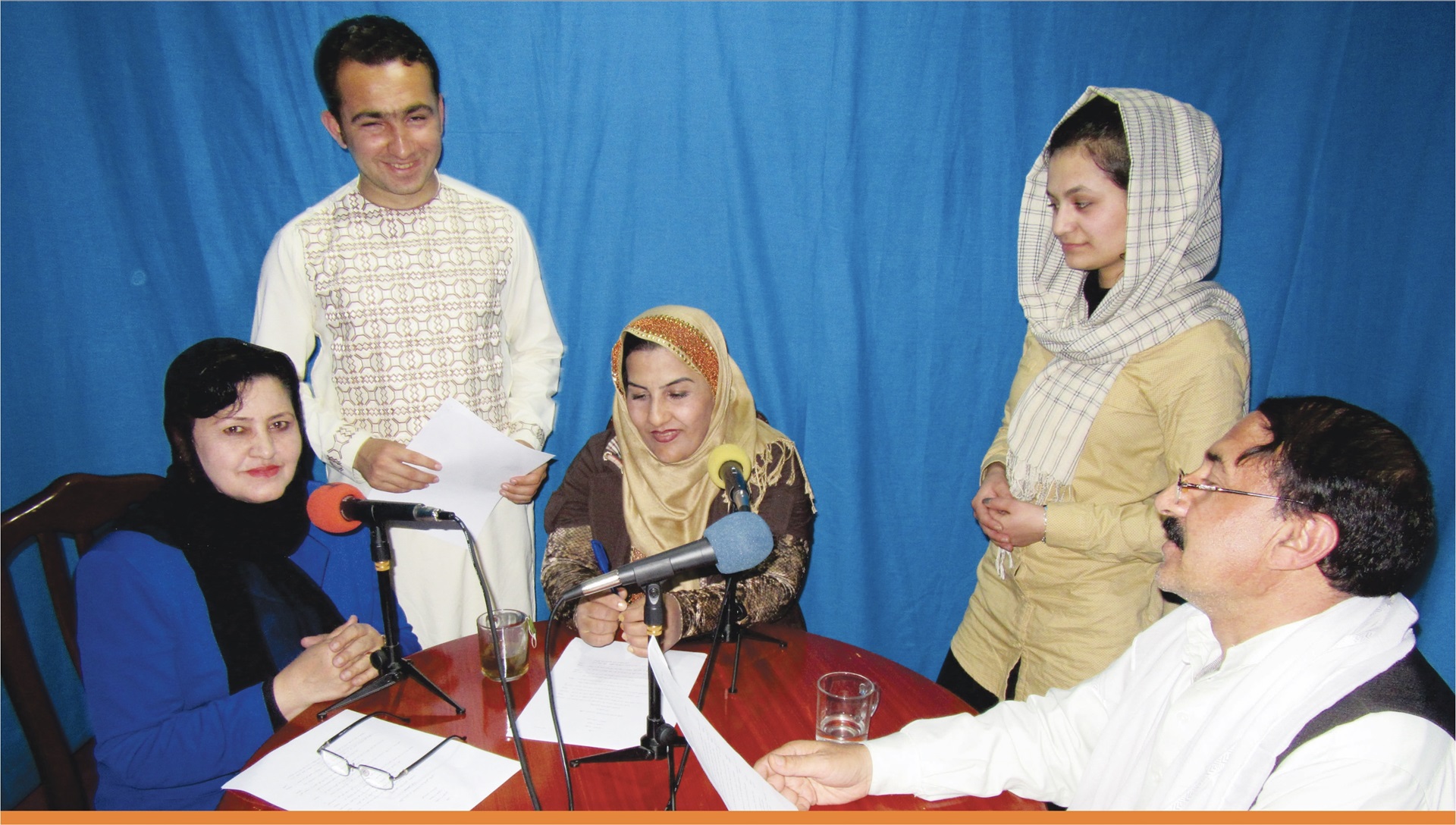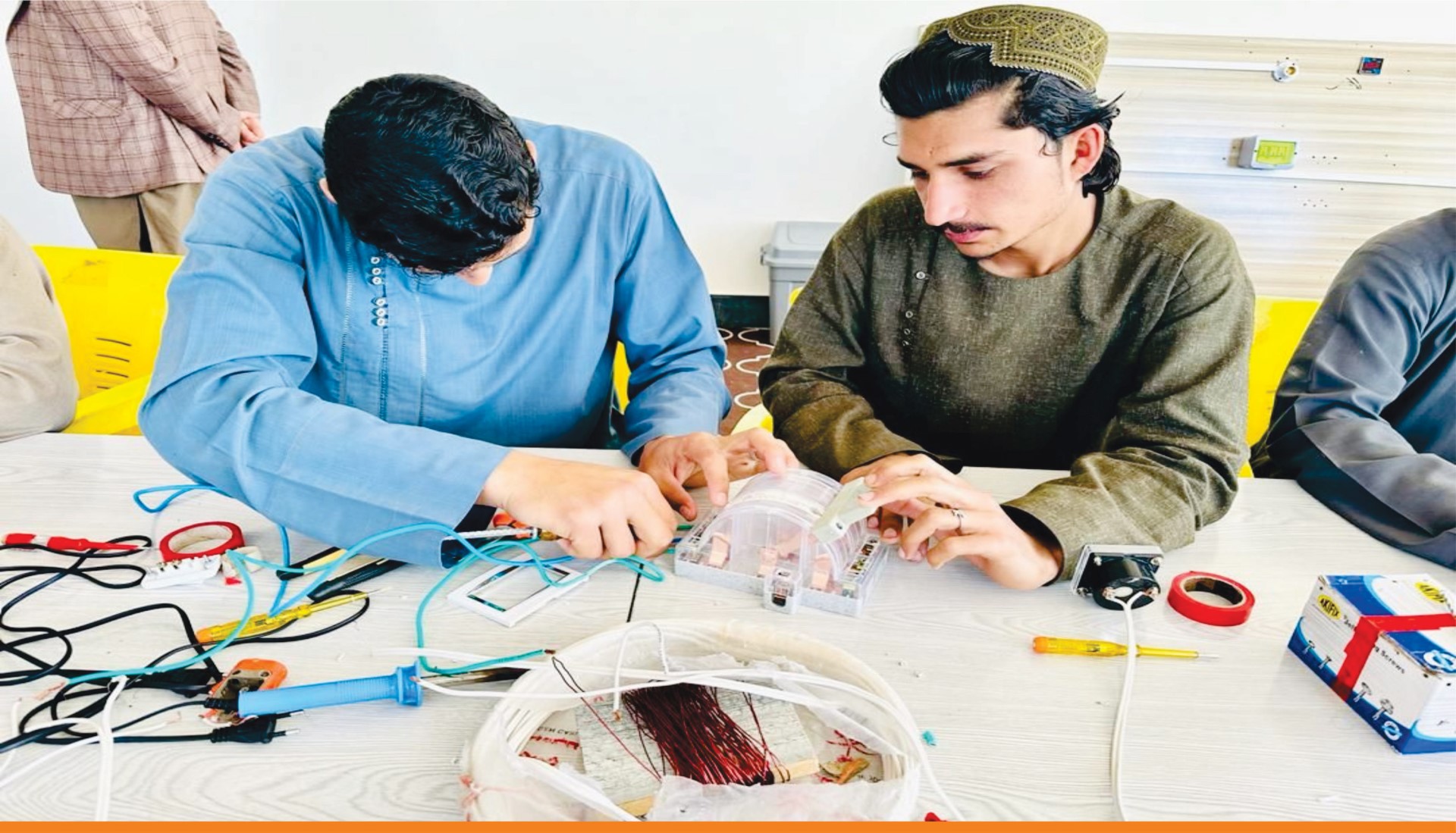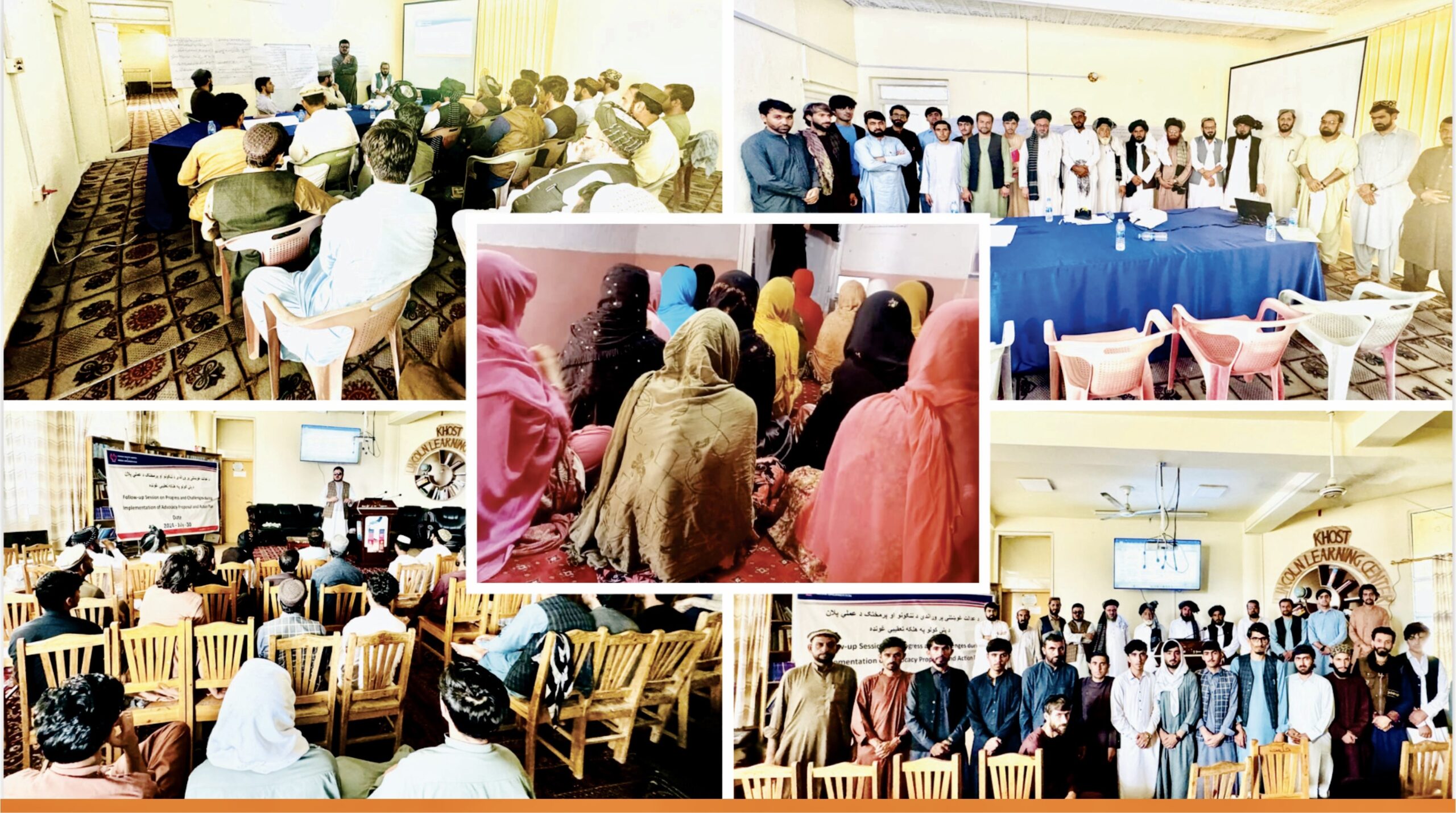
Institutionalized media outlets are essential to a pluralistic society where men and women can raise their voices and hold the community and government accountable. Over the past two decades, a vibrant media movement has flourished. Unfortunately, this press community is now facing financial challenges due to restrictive policies imposed on the media and journalists by de facto authorities.
Since the Taliban took power, over half of the 547 registered media outlets from before 2021 have closed down. Out of 150 TV channels, fewer than 70 are still operating, and only 170 out of 307 radio stations are still broadcasting. The number of news agencies has decreased from 31 to 18. These media outlets are grappling with increasing financial and technical difficulties. Moreover, more than 80% of women journalists have been forced to leave their profession, with many either staying at home or fleeing the country.
HRWMO not only invests in building media capacity but also provides financial support to local media, focusing on women’s rights advocacy and the sustainability of local media.
The organization operates a modern studio with professional journalists and has over 34 independent FM radio stations as broadcasting partners. Additionally, HRWMO has 12 volunteer local media monitors, 8 public opinion research teams, and a central monitoring team with 4 members.
Furthermore, HRWMO has an electronic monitoring system that regulates the broadcasting of local radio stations via telephone. It is widely believed that HRWMO can successfully execute projects across the country, providing necessary facilities for development, capacity building, and public outreach in an efficient manner.



